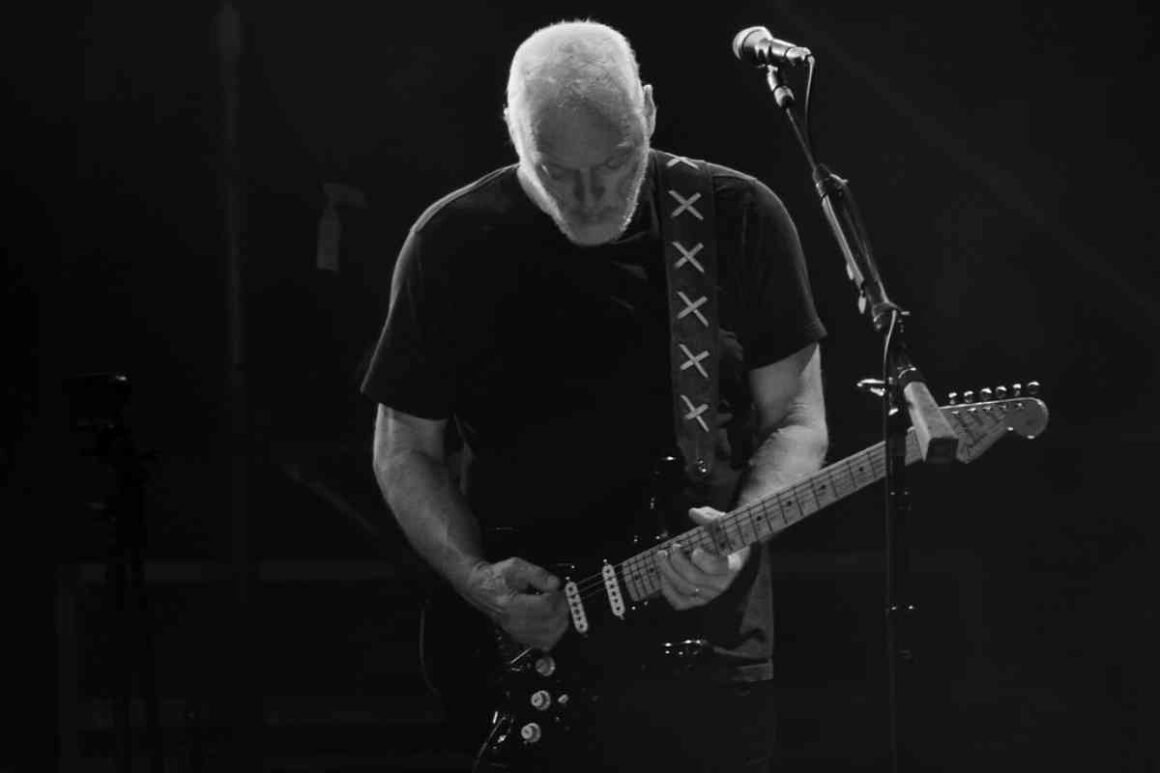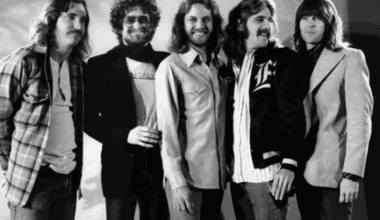David Gilmour never felt entirely at ease stepping into the role of Pink Floyd’s unofficial leader.
In 1985, just two years after releasing The Final Cut, frontman Roger Waters abruptly left the band. This decision marked the end of Pink Floyd’s iconic era, which featured Waters alongside Gilmour and drummer Nick Mason. Keyboardist Richard Wright, a key contributor during Pink Floyd’s classic years, had already exited in 1981.
Even with Waters – who had been the band’s bassist, main songwriter, and occasional vocalist – gone, Pink Floyd chose to continue. This decision pushed Gilmour into an unfamiliar leadership role.
“I was pushed into becoming the band leader of Pink Floyd,” Gilmour shared in a recent chat with The Sun. “But I find a more collaborative approach works better for me.”
Wright eventually returned, helping to ease some of Gilmour’s responsibilities. The success of 1987’s A Momentary Lapse of Reason proved that Pink Floyd could still make a significant impact, even if it didn’t quite reach the artistic peaks of the Waters era. The band’s success continued with 1994’s The Division Bell, which offered the last major showcase of their talent.
Reflecting on Pink Floyd’s enduring legacy in his conversation with The Sun, Gilmour expressed his amazement. “Being part of the band and living that life was incredible,” he said. “It always surprises me that Pink Floyd didn’t fade away like so many others. Somehow, it has continued to this day.”
David Gilmour Updates
This fall, Gilmour will hit the road to promote his upcoming fifth solo album, Luck and Strange. The tour will include a series of concerts in Italy and London, followed by U.S. dates in October.
Gilmour has scheduled performances in only two U.S. cities: Los Angeles, where he’ll take the stage on Oct. 25, 29, 30, and 31; and New York, where he’ll play five nights at Madison Square Garden from Nov. 4 to 10. These dates mark his first live shows in the U.S. in eight years.






